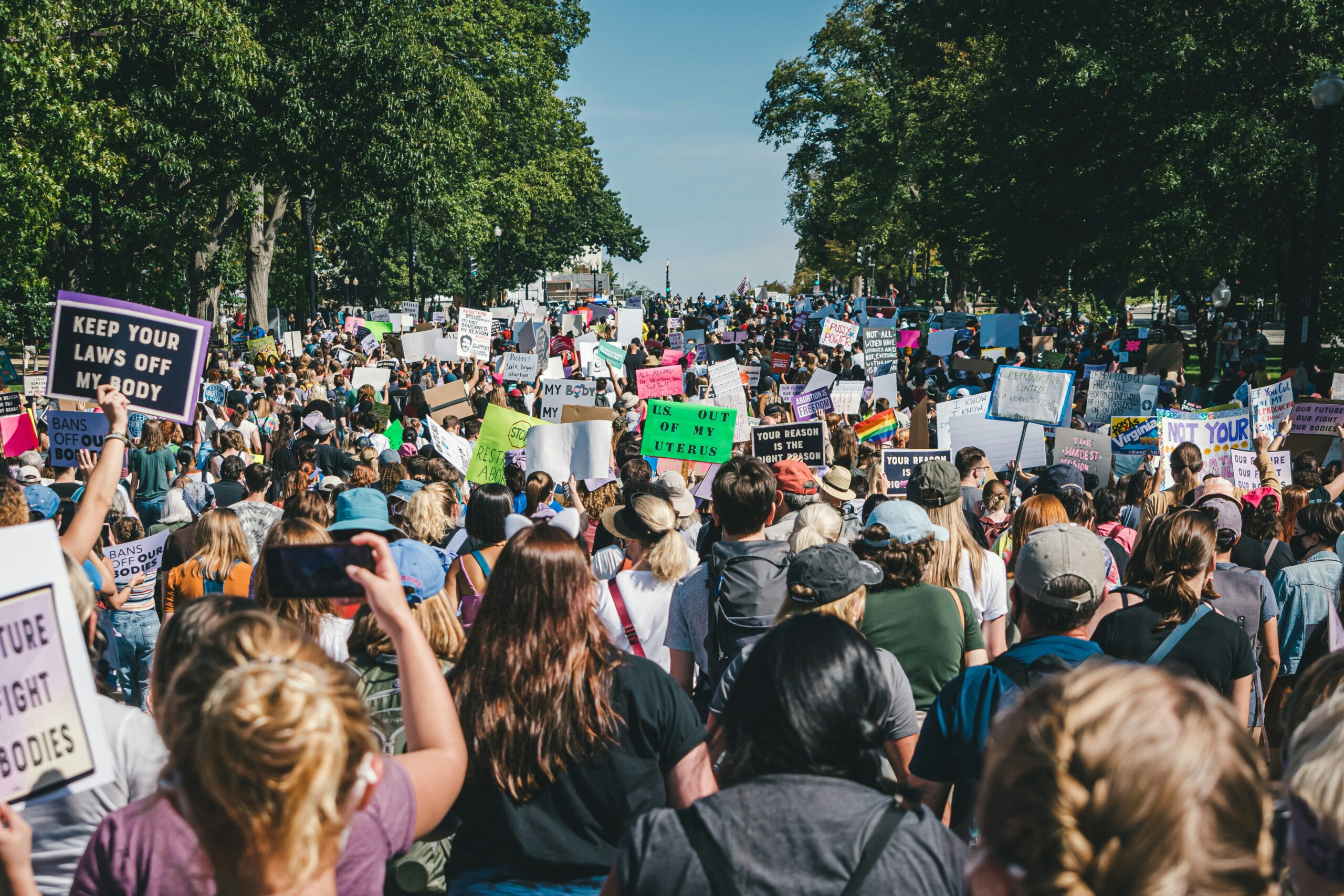
Human rights are the foundation of dignity, equality, and justice. Around the world, communities, organizations, and governments continue to push for stronger protections that allow individuals to live free from oppression and fear. While progress has been made over the decades, challenges remain, especially in regions where conflict, poverty, and discrimination limit opportunities for fundamental freedoms. Therefore, the global effort to safeguard human rights remains as critical as ever.
At the heart of this mission lies the belief that every human deserves access to fundamental rights regardless of race, gender, religion, or background. By emphasizing these shared values, societies can bridge cultural divides and build a more equitable future. Furthermore, the global recognition of human rights creates a moral compass that guides nations in shaping policies prioritizing justice, equality, and peace.
The Importance of Human Rights in Modern Society
First and foremost, human rights protect the inherent dignity of individuals. Without such protections, marginalized groups face a heightened risk of exploitation, discrimination, and violence. As societies evolve, human rights frameworks act as a safeguard to ensure that development and progress do not come at the expense of individual freedom and justice.
Additionally, respect for human rights fosters social harmony and stability. When people feel secure in their freedoms—such as the right to education, fair work, and expression—they are more likely to contribute positively to their communities. Consequently, protecting rights benefits not only individuals but also societies as a whole by reducing inequality and promoting sustainable growth.
Global Organizations Leading the Way
International organizations play a significant role in advancing human rights worldwide. The United Nations, for instance, has established conventions and treaties that set universal standards for protecting individuals. Through initiatives such as the Universal Declaration of Human Rights, the UN continues to serve as a guiding force for nations striving to improve their human rights practices.
Moreover, non-governmental organizations (NGOs) are equally influential in championing human rights causes. Groups like Amnesty International and Human Rights Watch focus on monitoring abuses, raising awareness, and pressuring governments to uphold their responsibilities. As a result, these organizations often serve as the voice of those silenced by oppression or fear.
The Role of Governments in Protecting Freedoms
Governments are responsible for ensuring human rights are respected within their borders. By enacting legislation that guarantees freedom of speech, equality before the law, and protection from discrimination, states create a legal foundation for justice. However, many governments still face criticism for failing to implement these measures effectively or neglecting vulnerable populations.
Furthermore, governments can influence global human rights standards through diplomacy. States can encourage accountability beyond their borders by promoting dialogue, trade agreements, and aid programs that prioritize human dignity. In this way, national actions extend their impact, shaping the international environment for human rights advocacy.
Technology and the Fight for Human Rights
Technology has become an essential tool in amplifying the fight for justice. Social media platforms, for example, provide a space where individuals can document abuses and raise global awareness in real time. As a result, movements that once struggled to find a voice now reach millions worldwide, mobilizing collective action.
Nevertheless, the digital age also brings new challenges. Surveillance, censorship, and cyber harassment pose significant threats to activists and ordinary citizens alike. Thus, while technology empowers communities to advocate for rights, it must also be carefully managed to protect individuals from new exploitation and control.
Education as a Pathway to Equality
Education remains a powerful driver of human rights. By providing access to knowledge, societies can empower individuals to challenge injustice, pursue opportunities, and demand accountability from leaders. Therefore, investment in education serves as both a human right and a tool for protecting other rights.
In addition, education promotes cross-cultural understanding and tolerance. Students learning about diverse perspectives and shared human values are more likely to reject prejudice and discrimination. Consequently, education not only lifts individuals out of poverty but also strengthens democratic principles that uphold human rights.
The Ongoing Struggle and Path Forward
Despite considerable progress, the struggle for human rights is far from over. Conflicts, economic inequality, and authoritarian regimes threaten freedoms in many regions. Yet, despite adversity, individuals and organizations remain steadfast in their commitment to justice. This perseverance demonstrates the resilience of human dignity and the universal desire for freedom.
Looking ahead, collective action will remain essential. Governments, organizations, and citizens must work together to ensure that rights are recognized and enforced. By amplifying voices, leveraging technology, and prioritizing education, humanity can move closer to a future where everyone enjoys the same freedoms and opportunities.